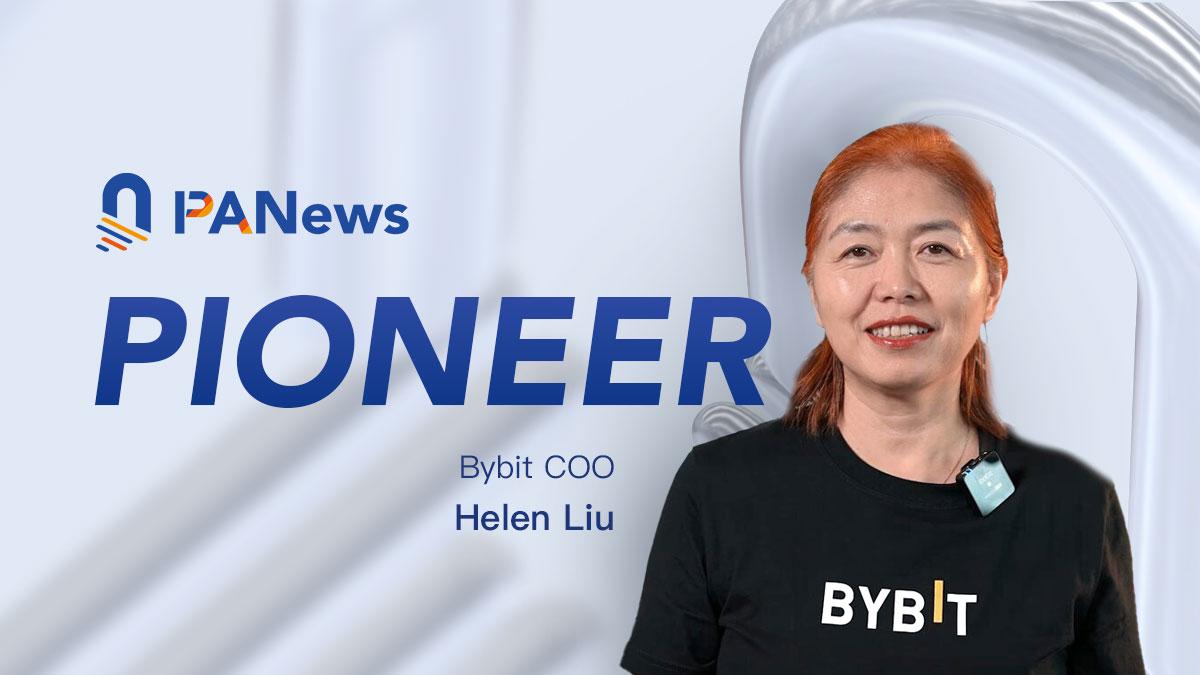
Interview: Tong, PANews
Written by Zen, PANews
Helen Liu is an atypical executive of a crypto exchange. She is from human resources and was a newcomer to the crypto community when she joined the exchange. She is the oldest among the executives and she hardly uses social media. Helen is also a typical executive of a crypto company. She works harder than young people and is a natural workaholic. She advocates a work hard, play hard work culture. Her global work experience is adapted to the international needs of the exchange, and she highly practices the spirit of transparency and sharing in the crypto community. If you want to find a person to benchmark her, Helen may be Peng Lei in the crypto circle.
In October, PANews interviewed Helen at Bybit's headquarters in Dubai. If it weren't for the assistant's introduction, you might not believe that this middle-aged lady holding a computer and wearing a company T-shirt and attending a remote video conference next to the Pantry in the company lobby is Bybit's COO, leading Bybit, a global top exchange with 1,700 people.
From joining Bybit as HR Director in 2020, to being promoted to Chief of Staff, and then being appointed as COO, Helen is a brave challenger. Before joining Bybit, she served in foreign-funded enterprises throughout her career. She served as HR Director of the Global Supply Chain Division at Nokia and HR Director of Microsoft Asia Pacific Operations Center, and worked in Finland, Singapore, and Indonesia for many years.
Although Helen did not have extensive knowledge of cryptography when she joined Bybit, she gladly accepted the wonderful leap from traditional IT to Web3 with the encouragement of Bybit founder Ben Zhou. The management experience of giant foreign-funded enterprises in the world has strong reference and portability for the fast-growing crypto exchanges. According to a report by Kaiko, a cryptocurrency data provider, cited by Bloomberg, Bybit has surpassed Coinbase to become the world's second largest exchange since March this year.
Today, in addition to her traditional human resources management, she leads all non-technical businesses including the company's legal, commercial, operations, and financial products.
In the interview, Helen shared her own story, Bybit’s listing and cooperation strategies that the market is concerned about, and her experience in transitioning from traditional industries to global management in the crypto field, as well as her unique challenges as a female executive and advice to female practitioners.
Global operations, local management
As an international cryptocurrency trading platform, Bybit covers about 190 countries and regions around the world and provides support in more than 20 languages. Helen said that Bybit has not entered the US market, and its strategic direction is divided into compliant operations and global operations. In countries with relatively systematic and clear regulatory policies, Bybit will strategically choose to apply for relevant licenses; in regulatory areas where the rules have not yet been formed, it will enter the market through global. For example, Bybit launched a new trading platform Bybit.nl that complies with Dutch regulations this year. It also announced recently that it is seeking to obtain a cryptocurrency license in Austria in order to obtain regulatory approval in EU jurisdictions that apply the Markets in Crypto Assets Regulation (MiCA).
In terms of specific operations, Bybit adopts a combination of global and localized teams. Helen said that Bybit Global has very strong operational capabilities and has the most complete operational tools in the industry. On this basis, Bybit has also established local teams in each country, which are in line with Global's operational concepts, ideas, and methods, and are very consistent overall. Whether it is a country manager or an employee of the marketing and operations team, they will receive a full three months of training in the global COE training class after joining the company, and they will be able to become regular employees after passing the test. "You will see that the operations work in any country actually carries Global DNA in terms of approach."
In addition, Bybit promotes the culture of "Work hard, play hard", and every employee needs to work very hard. The company currently has about 1,700 employees, but its labor efficiency is among the highest in the industry. Helen revealed that based on personal ability and willingness, Bybit encourages capable employees to take on multiple roles, giving them the opportunity to take on some non-job opportunities, or even try areas they have no experience in, to help them grow in their careers. Correspondingly, Bybit also provides employees with generous incentives and rewards through performance appraisals, and provides them with growth opportunities so that they can work in higher-level positions.
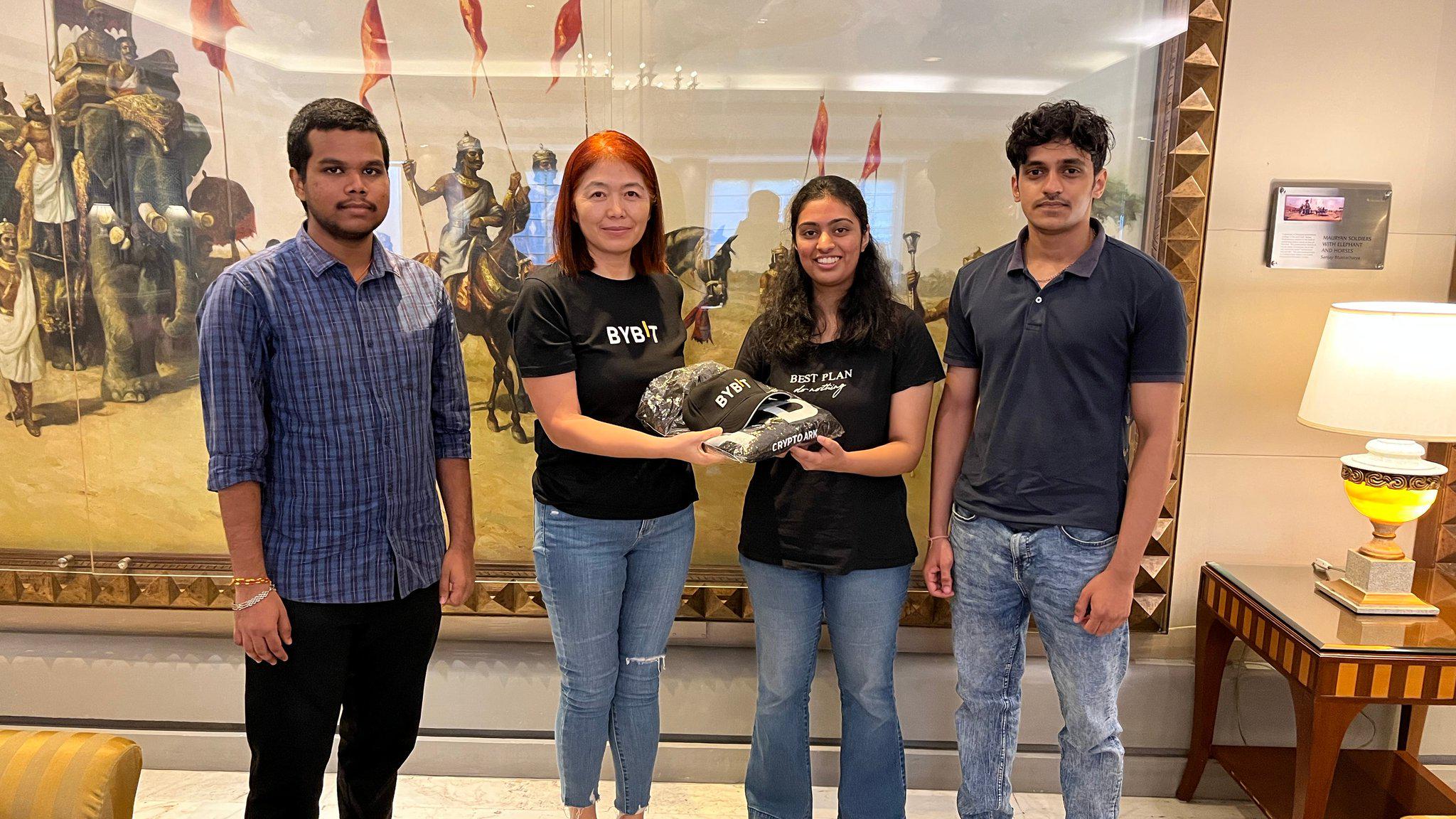
In the Web3 industry, which emphasizes the spirit of "decentralization", many companies prefer to adopt a distributed remote working method. "Bybit will provide the most beautiful office space, and every Bybit employee works in the office." Helen firmly believes in the concept of "Just in time", that the right people participate in the right meetings and make the right decisions. She believes that working together in the office is conducive to internal collaboration, improving efficiency and eliminating communication wear and tear for Bybit people who have always adhered to the start-up concept. Working together physically helps the spread of culture. In offices around the world, Bybit promotes a transparent working model. Allow customers and partners to use shared spaces. Let users see real product managers, customer service and other people who provide them with products and services. In such an office, employees can interact directly with customers and answer questions. In this way, Bybit hopes to create a positive image of the crypto industry for the industry.
Listing strategy, tending to projects with long-term development potential
Bybit has performed well in project listing this year. It not only launched popular projects simultaneously, but also provided launchpad channels for ecological projects such as Solana and Sui. Speaking of the listing strategy that users are most concerned about, Helen said that their main purpose is to select listed projects based on user needs, rather than simply for the company's own interests. She added: "Bybit pays attention to user feedback. If it is found that users have a strong demand for a project, it will give priority to listing these projects, thereby providing users with more trading opportunities." The core concept of this strategy is to ensure that users have the opportunity to purchase projects they are interested in, rather than to obtain short-term company benefits by listing projects. 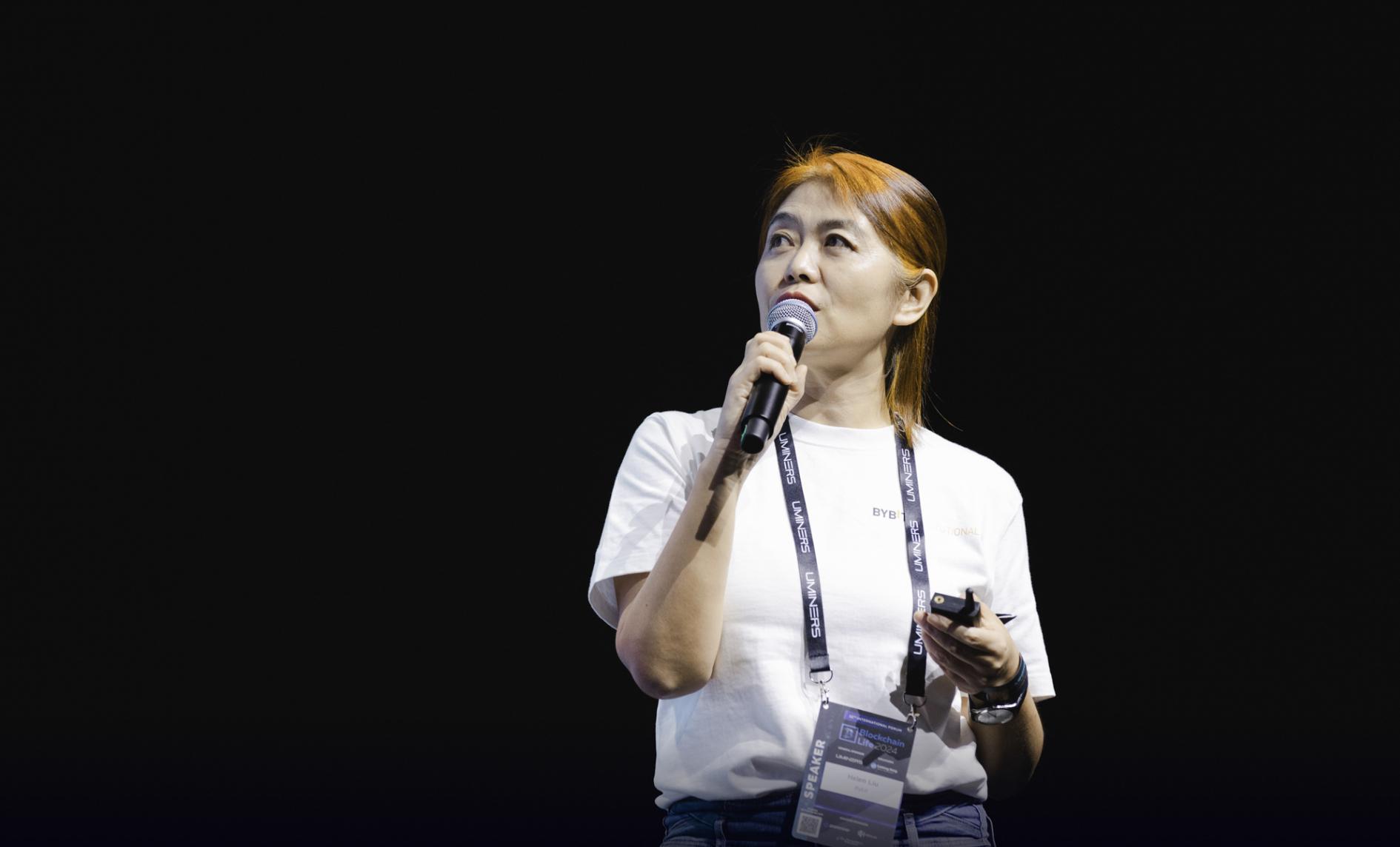
In addition, in terms of project selection criteria, Bybit will give priority to projects with high quality and long-term development potential. "The founding team of the project must have a sense of social responsibility, be committed to enriching its community, and continue to cultivate community development, rather than adopting short-sighted strategies." Helen said that Bybit prefers projects with long-term vision and long-term development plans, rather than projects for short-term profit. At the same time, Bybit will also examine the technical team of the project and pay special attention to the quality and security of the code. If it is found that the project's technical capabilities are not strong enough and the code quality is poor (such as outsourced or plagiarized code), it will no longer be given priority for listing.
Strategic cooperation with Solana, Ton and other ecosystems
The sudden rise of the TON ecosystem is one of the few bright spots in the industry this year, but the apparent prosperity also exposes many problems, such as the illusion of prosperity created by studios inflating data, serious application homogeneity, short life cycle, poor user stickiness, etc.
When discussing some phenomena in the TON ecosystem with Helen, Helen said that the projects in the TON ecosystem performed well on Bybit overall. Bybit not only simply launched these projects, but also deeply understood the construction of the projects, especially working with the original founding team to observe how they built the ecosystem, such as they are currently developing GameFi and Staking related functions. Bybit believes that the TON ecosystem is actively building a complete ecosystem. Although the performance of individual projects in it varies, from the overall point of view, Bybit is confident in the TON ecosystem and believes that it has great long-term development potential.
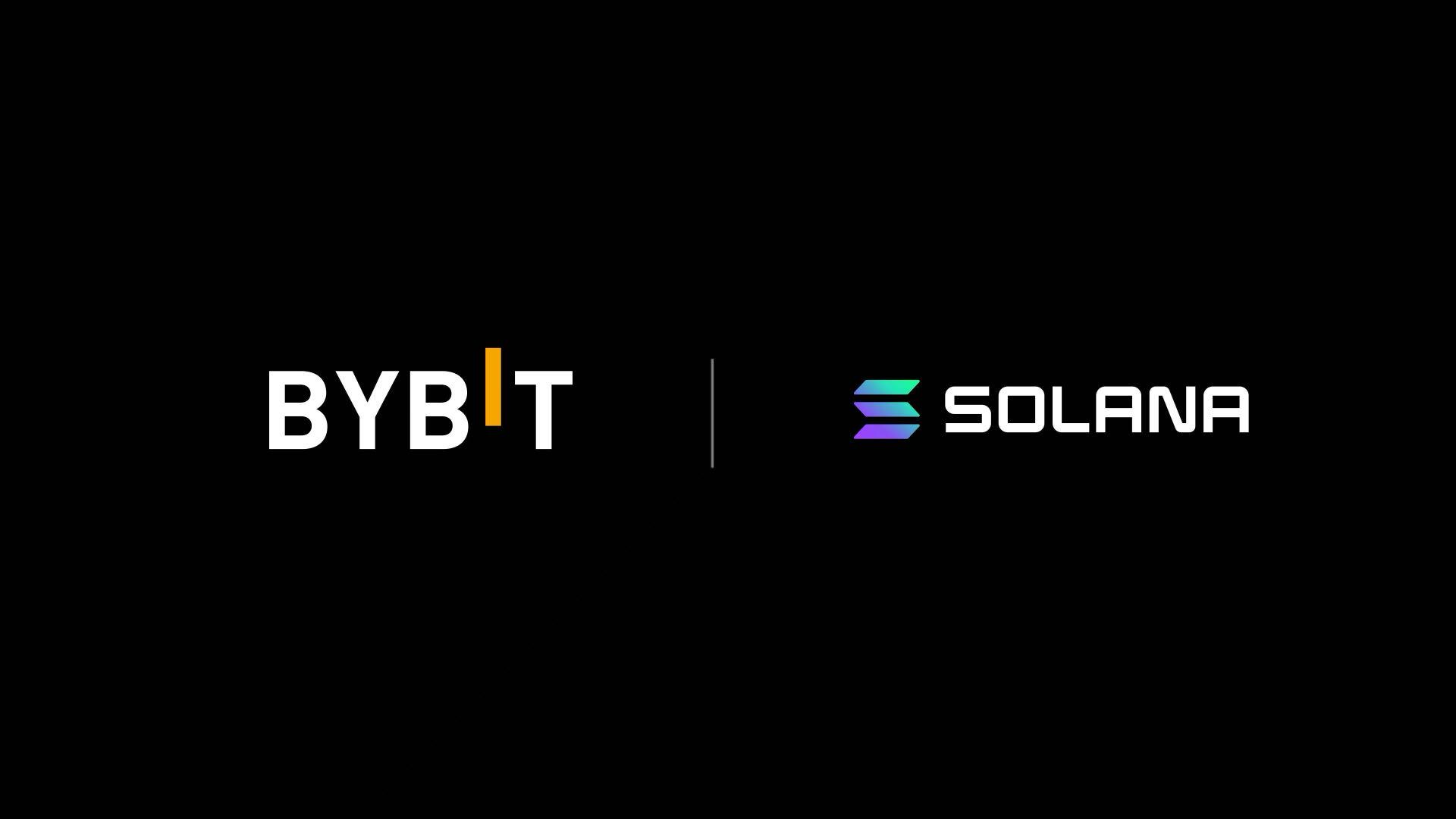
Solana is another close partner of Bybit. In the third quarter of this year, Bybit launched bbSOL, a liquid staking token supported by the exchange, on Solana; Bybit also integrated PYUSD into Solana, allowing all its users to deposit and withdraw PayPal USD (PYUSD) on the network, becoming the first major exchange to provide this function. Helen is also very optimistic about Solana's ecosystem. She believes that Solana's ecological construction is already very complete. The ecosystem has even expanded to the hardware application level, providing a variety of use cases, which allows users to obtain more practical application scenarios while using the Solana ecosystem.
Therefore, “Bybit is very willing to cooperate with such blockchains with strong ecosystems. Not only in selecting projects, we hope to support and help these ecosystems become richer and more mature by serving as infrastructure.”
Social Responsibility and Non-profit Business
Helen is also in charge of the corporate social responsibility section at Bybit. She founded Moledao, a support platform specifically for blockchain developers. The main goal of the project is to create a community of blockchain developers, providing educational resources, learning opportunities and career development support. In the past three years, Moledao has successfully established multiple regional communities across multiple countries and regions, including Singapore, Dubai, India and South Korea.
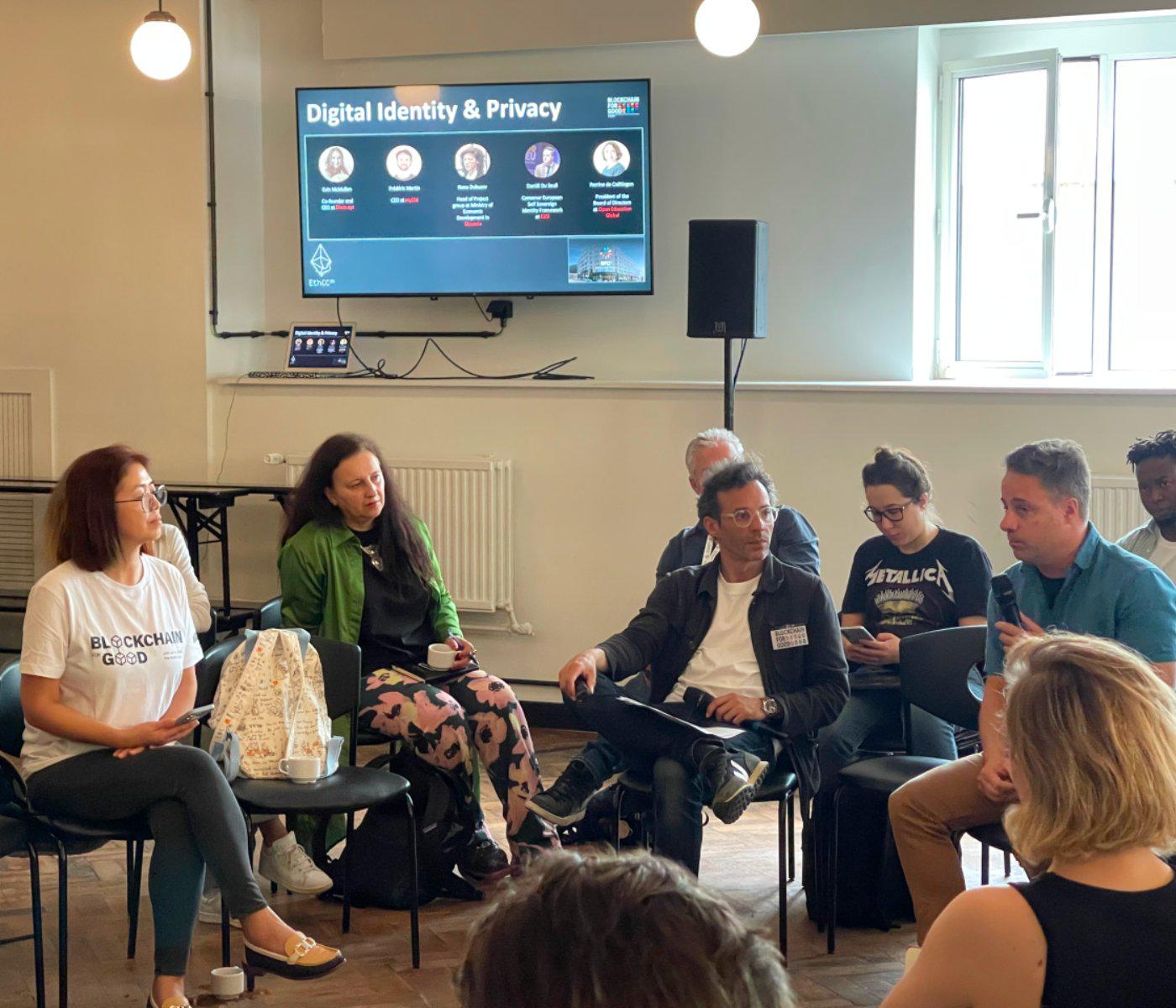
In addition, Bybit also supports BGA (Blockchain for Good Alliance), investing approximately $5 million per year. BGA is a non-profit organization dedicated to using blockchain technology for social welfare projects, and provides funding for developers or project teams that use blockchain technology to solve practical problems in human society. If a developer's project can demonstrate its potential and actual impact, especially in solving environmental, social and economic problems, the developer can apply for financial support from BGA. In addition to financial support, Bybit also provides technical, market and other resource support to help projects move from the conceptual stage to reality. BGA has currently brought together 52 partners to jointly promote these public welfare projects.
With the development of the cryptocurrency industry, more and more content creators have begun to get involved in this field at an early stage. Helen said that Bybit is an industry year in 2024. After firmly occupying the second place in the industry, it took the initiative to improve the crypto industry. Bybit is committed to expanding the awareness of Web 2 users about cryptocurrency and expanding industry believers. To this end, it has initiated and sponsored an annual project called "Crypto Cotent Creator Campus". This is an educational event specifically for content creators in the cryptocurrency field. "The key to expanding the user base of cryptocurrency in the future may lie in these content creators. Therefore, Bybit hopes to empower these KOLs through this training program, helping them learn more in-depth blockchain knowledge and thus have a greater influence. This conference is not only sponsored by Bybit, but also invites many companies in the industry to work together to shape and cultivate content creators in the cryptocurrency field and promote the healthy development of the industry."
Advice for working women: Focus on self-growth
For working women, they usually like to talk about the balance between life and work, that is, how to be a good mother and work at the same time. Because women naturally need to spend more time on the family, maybe men can spend 99% on work and 1% on the family, but it is impossible for women. So women may have to achieve 50% to 50%.
"Based on this, I would like to give a suggestion that there is no need to balance work and life. This is my point of view." Helen said that women must pay attention to their own growth. "So I think our relationship with our children is that we are growing in parallel. I think this is the best way. We don't need to find a balance for the sake of balance, and give up some things to achieve others. I think that in the end, neither of them will be achieved."
"As they grow up, our children are also watching us. They will see how we overcome difficulties, solve problems and defeat setbacks. We are better role models for our children." She believes that the mother's exemplary role will allow children to adopt the same attitude of not giving up when they encounter difficulties, and use the same methods to strive to overcome them.















